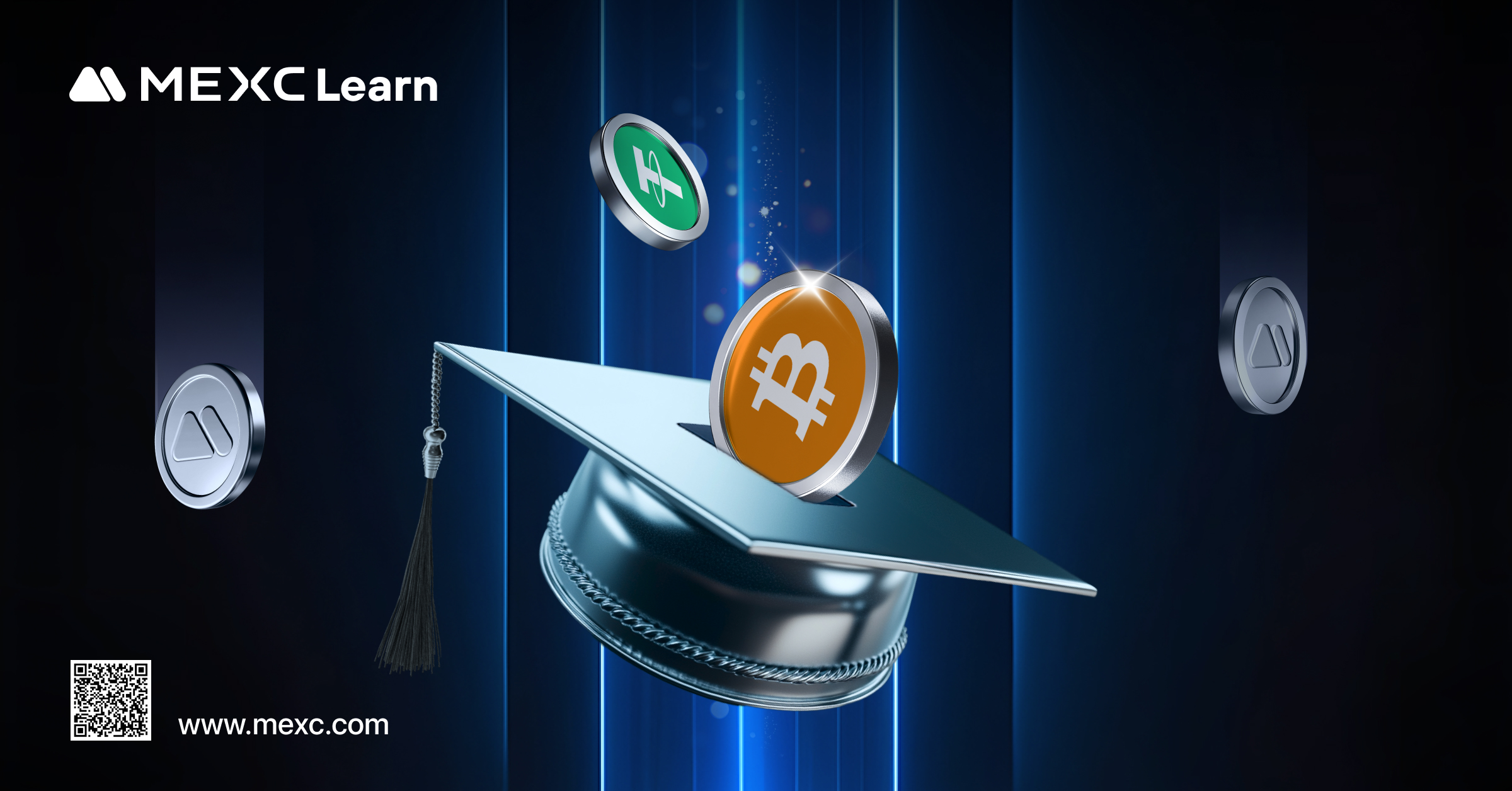What is JSM (Joseon Mun)? An Introduction to Digital Assets

What is JSM? Understanding the Basics
JSM (Joseon Mun) is a blockchain-based cryptocurrency that serves as the official national currency of Joseon, the world's first legally recognized cyber nation-state. Launched to provide a sovereign digital currency, the JSM token is designed to be the first unbannable cryptocurrency, leveraging the unique legal jurisdiction of Joseon to offer a safe haven for crypto and blockchain innovation. The Joseon Mun token operates on the Ethereum public blockchain, ensuring transparency, security, and accessibility for users worldwide. By establishing a digital currency with legal backing, JSM aims to address regulatory uncertainty and foster a robust ecosystem for digital assets and decentralized applications[1].
The Team and Development History of JSM
JSM token was conceptualized and developed by a team of technologists, legal experts, and visionaries committed to redefining the relationship between digital assets and sovereign governance. The founding team's background spans blockchain development, international law, and digital economics, with a shared mission to create a platform that empowers individuals and businesses through a legally recognized digital nation. Their vision is to provide a secure, compliant, and innovative environment for Joseon Mun adoption and economic growth.
Since its inception, JSM has achieved several key milestones, including the official recognition of Joseon as a cyber nation-state, the launch of the JSM token on the Ethereum blockchain, and the establishment of a comprehensive legal framework for digital asset operations. These achievements have positioned the JSM token as a pioneering force in the intersection of blockchain technology and sovereign governance, attracting attention from both the crypto community and legal scholars.
Core Products and Features of the JSM Ecosystem
The JSM ecosystem is built around several core products and services designed to support users, businesses, and the broader digital economy:
Joseon Mun Digital Currency Platform
The primary platform enables users to transact, store, and manage JSM tokens securely. Leveraging Ethereum's robust infrastructure, the platform ensures fast, low-cost, and transparent transactions. It is widely used by individuals and businesses seeking a stable and legally recognized digital currency for cross-border payments, remittances, and commerce.
Legal and Regulatory Services
Joseon offers a suite of legal and compliance tools for projects and companies domiciled within its jurisdiction. These services help businesses navigate the complex regulatory landscape, ensuring compliance while fostering innovation. The platform's legal framework provides clarity and protection for digital asset operations.
Ministry of Patronage Funding Mechanism
The Ministry of Patronage evaluates and funds companies domiciled in Joseon, supporting economic development and technological advancement. This mechanism ensures that innovative projects receive the resources they need to grow, creating a vibrant ecosystem for startups and established enterprises alike.
These components work together to create a comprehensive environment where JSM functions as both a utility and governance token, powering all interactions within the network and supporting a self-sustaining digital economy.
Problems JSM Aims to Solve
Regulatory Uncertainty for Digital Assets
The global crypto industry faces significant challenges due to inconsistent and often unclear regulations. This uncertainty hampers innovation and exposes users to legal risks.
Lack of Legal Recognition for Digital Currencies
Most cryptocurrencies operate outside traditional legal frameworks, limiting their adoption and utility in mainstream commerce and finance.
Barriers to Economic Participation
Many individuals and businesses are excluded from the benefits of the digital economy due to jurisdictional restrictions and lack of access to compliant financial services.
Joseon Mun addresses these challenges by providing a legally recognized digital currency within a sovereign cyber nation-state. By leveraging blockchain technology and a robust legal framework, JSM token offers regulatory clarity, legal protection, and inclusive access to the digital economy. This approach empowers users and businesses to participate confidently in the global crypto ecosystem.
Token Utility and Use Cases
Within the ecosystem, JSM token serves multiple functions:
- Medium of Exchange: Used for transactions, payments, and remittances within and beyond the Joseon ecosystem.
- Governance: Token holders can participate in decision-making processes, influencing the direction of the Joseon digital nation.
- Incentives and Funding: Supports economic development by funding innovative projects and rewarding contributors to the ecosystem.
Circulation Schedule and Unlock Timeline
At the time of listing, a portion of JSM tokens enters circulation, with the remainder unlocked according to a structured schedule to ensure market stability and long-term growth. The unlock timeline is managed by the Joseon government and relevant ministries, aligning with the nation's economic and development goals.
Governance and Staking Mechanisms
JSM implements a governance model that allows token holders to vote on proposals and protocol changes, ensuring community participation in the evolution of the ecosystem. Additionally, users can stake their tokens to earn rewards and gain additional privileges, with yields determined by network activity and participation rates.
Conclusion
JSM (Joseon Mun) stands as an innovative solution in the digital asset sector, addressing key challenges through its legal recognition, robust governance, and comprehensive ecosystem. With its unique distribution model and commitment to economic development, the JSM token price demonstrates significant potential to transform how users and businesses interact with digital currencies.